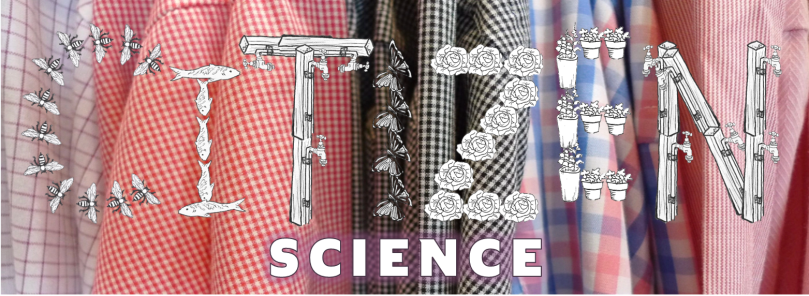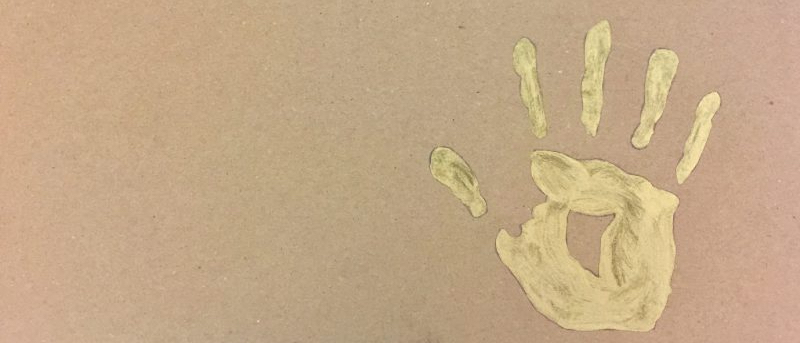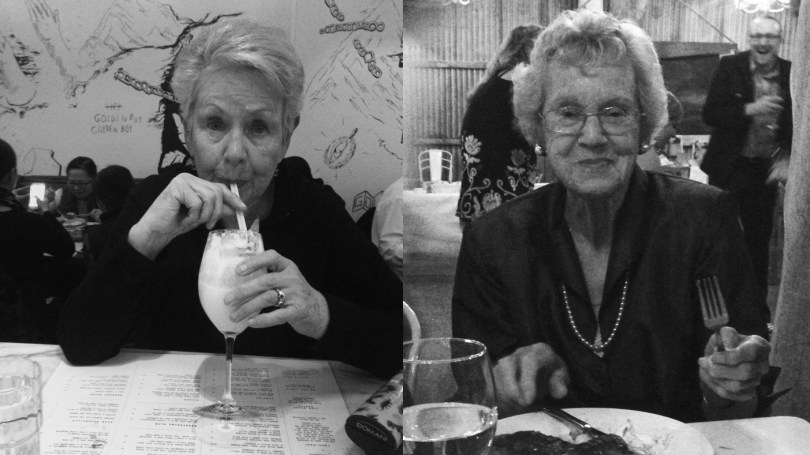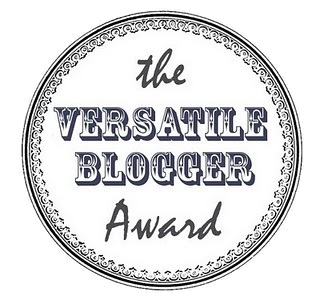I have never seen such a colourful bunch of scientists as those who attended this years Citizen Science Conference in Adelaide. It was fantastic!
I sat and listened to stories of all different kinds of citizen science projects – from global projects on migratory species to tiny local projects based in small rural regions. The CitSciOz18 conference went for three days from February 7th to 9th. There were visiting scientists from interstate and overseas and everyone had something to share – some new perspective to add to our collective conversations.
Some of the highlights for me were:
- “Where are the Millennials?” by Margot Law & Ellie Downing.
These ladies were high energy and rocked their interactive workshop about how to engage more millennials (and how they really aren’t that scary). They explained that when it comes to citizen science – you just have to give a bit of thought to what drives them (e.g. wanting to do good, a strong engagement with causes, activities that interest them AND represent values, or projects which consider issues such as: basic human rights, education, the environment, gender equality, financial matters/employment or climate change). - From Peter Brenton we heard all about the Atlas of Living Australia and BioCollect.
BioCollect is an impressive data collection and support platform particularly suited to field data capture for citizen science projects and it’s free for public use! If you’re hunting for the right support platform for your project (instead of going to all the cost and effort of building your own like I did) then I strongly recommend BioCollect. Later, Peter also spoke about the value of data beyond the life of your project, and what options there are for storage and enabling of external data use. - Cass Davis spoke about the project RiverScan and ‘How Citizen Science is helping us improve native fish populations’.
Riverscan is a Victorian based citizen science project monitoring creek and river conditions. Besides the amazing project impacts, what I was really taken with was the attention to detail put into the engagement of their citizen scientists and their results reports. We were shown a map of the monitored rivers with all the data collection points given a simple colour coded score for the 3 separate indicators (green, yellow or orange). They also had different levels of accreditation/achievement given to their volunteers – bandannas in different prints and colours to symbolise how long you had been collecting data. Very clever.
Read on for some great citizen science project tips from the great Kylie Andrews, and to watch the presentation I gave ( I promise it’s a good slideshow 😉 ).







